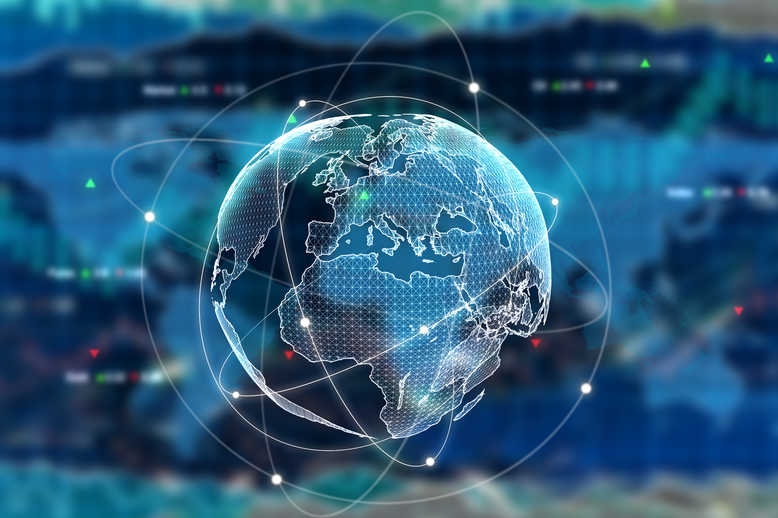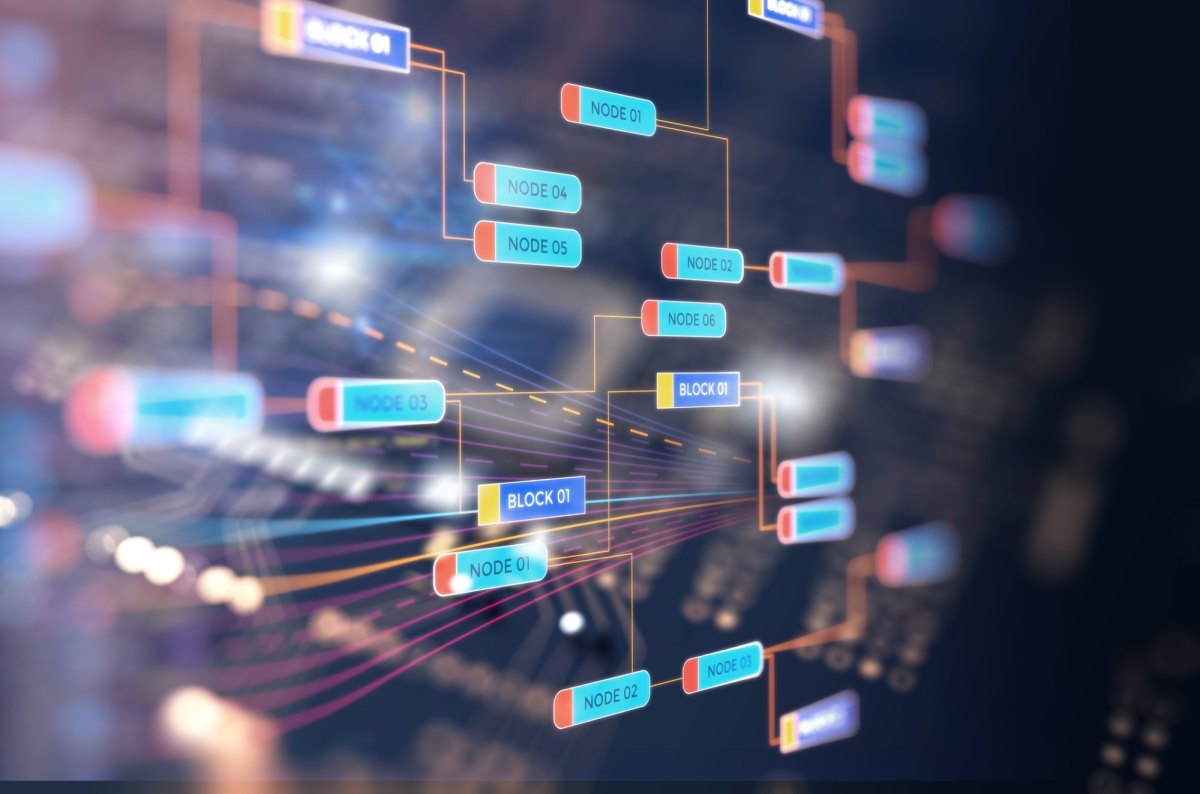
How Travel Industry Benefits From Modern IT Technologies
The new technologies have revolutionized the travel industry. Without neglecting the face-to-face channel, more and more customers choose to book their trips through the computer instead of going to the travel agency.
For this reason, sales recorded by online travel agencies in the European Union have amounted to 240,000 million euros.
The use of technology has proliferated within the field of tourism, becoming a fundamental tool and an ally on the Internet to conquer tourists for the different destinations that are promoted on the web.
Companies are increasingly turning to information technologies, particularly the Internet, as a means to promote their tourism products and services.
These new technologies have changed the concept of people’s lives in terms of price consultation, information speed of different tourist services.
A clear example of this is the use that tourism companies have given to ICTs since they stopped relying on large producers and wholesalers for themselves to create their producers and achieve lower expenses that will favor their growth in the market against large companies.
In this article we tell you the different benefits of technologies in the travel industry. All the benefits are given below.
The main benefits of technology in the travel industry are:

Tourism portal: An Internet system that concentrates and organizes information resources related to this activity; It eventually offers the possibility of reservations of hotels for travel services and buying products. The classic example is Resevations website.
They generally present more information than that of the websites of particular companies. They are an application of the business to consumer concept.
Wireless Application System: Corresponds to the set of wireless devices and applications for content deployment. They are oriented to give independence to the consumer without resorting to the traditional tools of their office or home.
Among its applications, we find the possibility that it offers a tourist to make reservations or changes in their flight itinerary, or to have access to information of the destination to which they are going.
Web TV: It consists of a device that connects to conventional television and in most cases has a wireless keyboard. It connects to the telephone or some other communication network outlet, allowing access to the Internet through television.
A recurring application of this technology is presented in the hotel, as it is part of the services offered in the rooms and allows the traveler to access the Internet without the need of a computer, or having to travel to the business center or to any kiosk
Interactive Television (iDTV): It is the sum of Internet and television broadcasts. This system, like Web TV, consists of a device that connects to the TV and an Internet connection, either by telephone or other means of connection, but unlike WebTV it is not designed to surf the web but to present interactive content directly on television shows.
The basic idea is to present programs on tourist destinations in a conventional way with the difference that the user can navigate through the destinations or activities that interest him most.
In this way, the program will be customized according to the user’s interests, in addition to enabling the direct purchase of packages and reservations is to present programs on tourist destinations in a conventional way with the difference that the user can navigate through the destinations or activities that interest him most.
Some technological solutions in the travel industry are for example:

Property Management Systems (PMS): Also known as “FRONT”, they operate in hotels; they contain information and process transactions regarding room availability, reservations, and guest charges.
Point of Sale (POS): The systems that process the operations of consumer centers (restaurants, nightclubs, bars, business centers, etc.) to issue an account that is paid for the consumer, in the case of independent consumption centers, or is charged to the account of a hotel guest.
Feeder (TARIFF): System that records telephone calls made from a room for charging to the guest; it has a direct (automatic) connection to the switch.
Back of the House Systems (BACK): According to PosQuote, these are accounting, administrative and financial systems that manage the business operations, which, in the case of the hotel industry, may come from the PMS and POS systems.
Central Reservation Systems (CRS): These are voice exchanges operated by companies to process reservations through “no-charge” calls and electronic reservations.
Guest History (GH): It is the automated historical record of the use of tourist services by one person; it has the virtue of storing your tastes and preferences. It constitutes a modality of application of the strategy “Customer Relationship Management” (CRM).
E-TICKET: Electronic tickets are not physical tickets, they are generated by a system and can eventually be sent directly to a portable electronic device (handheld, cellular) to the user. Once the electronic ticket is issued, a record is stored in the system – or in the device – and the user is identified at the time of making use of the service.
Systems (GDS). The main function of a globalizing system is to allow the search of information related to flights, lodging, car rental, etc., and to give access to the reservation system.
Credit Card Key (CC Key): It is an application similar to that of the e-TICKET, where the system automatically records the relationship between the guest and his credit card number for the payment of consumption and serves, even as a room key.
Yield Management (YM): Also called Revenue Management refers to the company operations analysis system to control the price and offer of a service based on demand and its inventory.
Cellular in the Room: Allows you to always be in touch through a cell phone assigned to the moment of registration and in which you receive the calls that enter your room.
Internet Connectivity: It is the availability of a physical connection that allows the user to use their laptop to connect to the Internet.
Satellite Telephone Connection: It is an application widely used in cruise ships or in places whose only communication option is via satellite telephony.